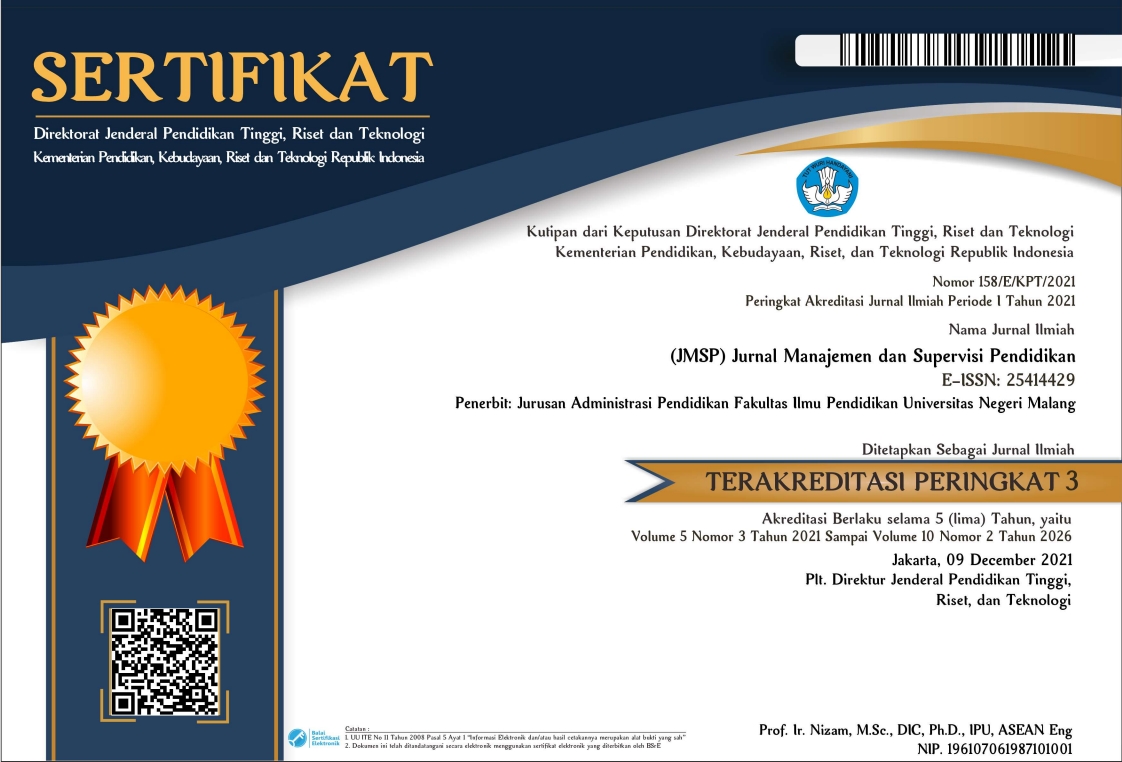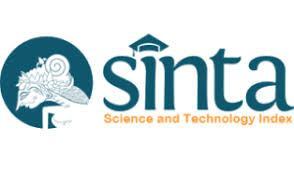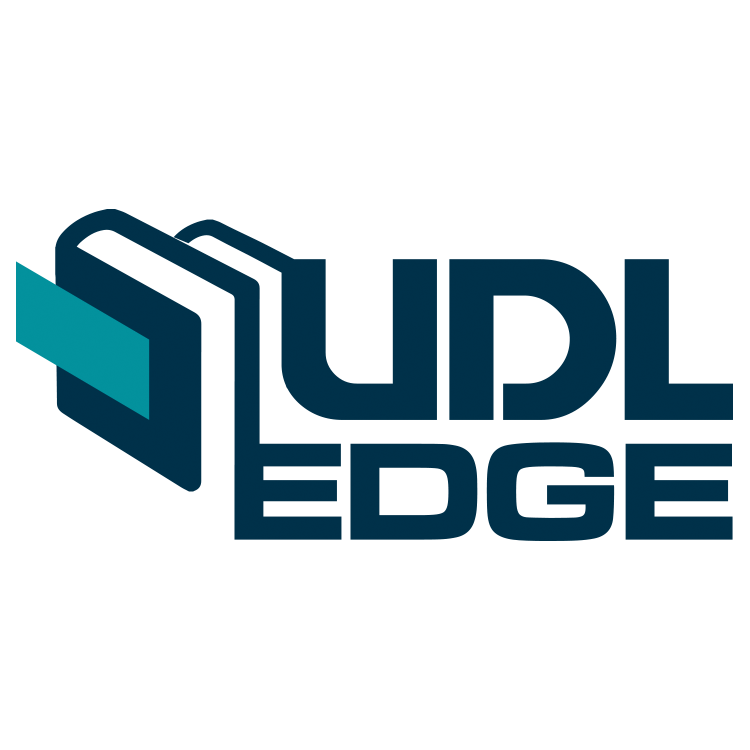The Effects of Quality Management System, Management Information Technology on Work Culture at Adventist Junior High School Bandung
Abstract
Keywords: Quality Management System, Management Information Technology, Work Culture
Full Text:
PDFReferences
Ababneh, O. M. A. (2021). The Impact of Organizational Culture Archetypes on Quality Performance and Total Quality Management: The Role of Employee Engagement and Individual Values. International Journal of Quality & Reliability Management, 38(6), 1387–1408. https://doi.org/10.1108/IJQRM-05-2020-0178
Ansari, J. A. N., & Khan, N. A. (2020). Exploring The Role of Social Media in Collaborative Learning The New Domain of Learning. Smart Learning Environments, 7(1), 9.
Arisuniarti, D. M. (2016). Pengaruh Teknologi Informasi Dan Sistem Informasi Manajemen Terpadu Terhadap Kinerja Karyawan Di Lingkungan Universitas Warmadewa. Public Inspiration: Jurnal Administrasi Publik, 1(1), 50–64. https://doi.org/10.22225/pi.1.1.2016.50-64
Baptista, J., Stein, M. K., Klein, S., Watson-Manheim, M. B., & Lee, J. (2020). Digital work and organisational transformation: Emergent Digital/Human work configurations in modern organisations. Journal of Strategic Information Systems, 29(2), 101618. https://doi.org/10.1016/j.jsis.2020.101618
Dawson, C. (2019). AZ of Digital Research Methods. Routledge. https://doi.org/10.4324/9781351044677
de Maeyer, J. (2013). Towards a hyperlinked society: A critical review of link studies. New Media and Society, 15(5), 737–751. https://doi.org/10.1177/1461444812462851
Fadhli, M. (2017). Manajemen Peningkatan Mutu Pendidikan. Tadbir: Jurnal Studi Manajemen Pendidikan, 1(2), 215–240.
Giatman, M. (2017). Building School Organizational Work Culture Through The Implementation of Quality Management System ISO 9001: 2008. GEOMATE Journal, 12(30), 132–139. https://doi.org/10.21660/2017.30.TVET006
Gibson, P. A., Stringer, K., Cotten, S. R., Simoni, Z., O’Neal, L. J., & Howell-Moroney, M. (2014). Changing teachers, changing students? the impact of a teacher-focused intervention on students’ computer usage, attitudes, and anxiety. Computers and Education, 71, 165–174. https://doi.org/10.1016/j.compedu.2013.10.002
Habermas, J. (2018). Inclusion of the other: Studies in political theory. In Jurnal Sains dan Seni ITS (Vol. 1, Issue 1).
Hamzah, A., Kusmiati, S., Supriadi, S., & Wardani, S. W. (2022). Implementasi Sistem Manajemen Mutu (Smm) Iso 9001: 2015 terhadap Budaya Kerja Pegawai Politeknik Kesehatan Kementrian Kesehatan Bandung. Jurnal Riset Kesehatan Poltekkes Depkes Bandung, 14(1), 50–59. https://doi.org/10.34011/juriskesbdg.v14i1.2029
Hanaysha, J. R., Shriedeh, F. B., & In’airat, M. (2023). Impact of classroom environment, teacher competency, information and communication technology resources, and university facilities on student engagement and academic performance. International Journal of Information Management Data Insights, 3(2), 100188. https://doi.org/10.1016/j.jjimei.2023.100188
Handayani, I., Febriyanto, E., & Kristanti, C. Y. (2019). Komunikasi Dalam Pembelajaran Ilearning Plus Di. 16(2).
Hartl, E. (2019). A Characterization of Culture Change in the Context of Digital Transformation Research. Twenty-Fifth Americas Conference on Information Systems, April, 1–10.
Hasby, M. (2015). Pengaruh Teknologi Informasi Terhadap Budaya Kerja Pada Perguruan Tinggi Agama. Journal Speed, 7(4). https://doi.org/10.3112/speed.v7i4.1375
Heydari, M. (2016). The relationship between organizational culture and use of Information Technology in education offices in Tehran. International Journal of Humanities and Cultural Studies (IJHCS), September, 1517–1538.
Hidayah, N. L., Andini, P. A., Putera, A. W., Anisa, S., & Anshori, M. I. (2024). Peran Revolusi Teknologi Terhadap Budaya Organisasi Dan Interaksi Antar Karyawan Dalam Lingkungan Kerja. Nian Tana Sikka: Jurnal Ilmiah Mahasiswa, 2(1), 9–25. https://doi.org/10.59603/niantanasikka.v2i1.236
Ibda, H. (2019). Pembelajaran Bahasa Indonesia Berwawasan Literasi Baru Di Perguruan Tinggi Dalam Menjawab Tantangan Era Revolusi Industri 4.0. Jalabahasa, 15(1), 48–64.
Ikawati, H. D. (2021). Pemanfaatan TIK Sebagai Strategi Mengatasi Tantangan Pendidikan di Era Digital (Critical Review Artikel “Research-Informed Strategies to Addres Educational Challenges in a Digitally Network World”). Journal Scientific of Mandalika (JSM), 2(3), 95–100.
Jackson, G., & Ahuja, V. (2016). Dawn of the digital age and the evolution of the marketing mix. Journal of Direct, Data and Digital Marketing Practice, 17(3), 170–186. https://doi.org/10.1057/dddmp.2016.3
Keyser, D., & Keyser, D. (2021). Assessing the Digital Hegemony August 2020 Glasgow Student Number : 2399675K Dublin City Student Number : 857685 Charles Student Number : 48053670 Presented in partial fulfilment of the requirements for the Degree of International Master in Security , Int. February, 0–110.
Lawrence, J. E., & Tar, U. A. (2018). Factors that influence teachers’ adoption and integration of ICT in teaching/learning process. Educational Media International, 55(1), 79–105. https://doi.org/10.1080/09523987.2018.1439712
Lee, Y. (2023). ICT use, internal communication satisfaction, and engagement of working-from-home employees: The moderating role of affiliative tendency. Computers in Human Behavior, 138(July 2022), 107472. https://doi.org/10.1016/j.chb.2022.107472
Luturmas, J. R. (2017). Pengaruh Budaya Kerja dan Kepuasan Kerja terhadap Produktivitas Kerja Karyawan Ajb Bumiputera 1912 Cabang Ambon. Jurnal Penelitian Manajemen Terapan (PENATARAN), 2(2), 153–163.
Ma, Y., & Turel, O. (2019). Information Technology Use for Work And Technostress: Effects of Power Distance and Masculinity Culture Dimensions. Cognition, Technology & Work, 21(1), 145–157. https://doi.org/10.1007/s10111-018-0503-1
Mahedy, K. S. (2009). Peranan Teknologi Informasi Dalam Meningkatkan Kualitas Pendidikan. Jurnal Pendidikan Teknologi Dan Kejuruan, 6(2). https://doi.org/10.23887/jptk-undiksha.v6i2.169
Mander, M. S. (1987). Bourdieu, the Sociology of Culture and Cultural Studies: A Critique. European Journal of Communication. Theory & Sociology, 12(6), 825–853.
Massi, M., Vecco, M., & Lin, Y. (2020). Digital Transformation in the Cultural and Creative Industries; Production, Consumption and Entrepreneurship in the Digital and Sharing Economy.
Mercader, C., & Gairín, J. (2020). University teachers’ perception of barriers to the use of digital technologies: the importance of the academic discipline. International Journal of Educational Technology in Higher Education, 17(1). https://doi.org/10.1186/s41239-020-0182-x
Miranda, J., Navarrete, C., Noguez, J., Molina-Espinosa, J.-M., Ram’irez-Montoya, M.-S., Navarro-Tuch, S. A., Bustamante-Bello, M.-R., Rosas-Fernández, J.-B., & Molina, A. (2021). The core components of education 4.0 in higher education: Three case studies in engineering education. Computers & Electrical Engineering, 93, 107278. https://doi.org/10.1016/j.compeleceng.2021.107278
Mizanbekova, S., Umbetaliev, N., Aaitzanova, A., & Bogomolov, A. (2017). The Quality Management System Improvement for the Enhancement of Production Competitiveness. Revista Espacios, 38(42), 13.
Mohamad Taghvaee, V., Assari Arani, A., Nodehi, M., Khodaparast Shirazi, J., Agheli, L., Neshat Ghojogh, H. M., Salehnia, N., Mirzaee, A., Taheri, S., Mohammadi Saber, R., Faramarzi, H., Alvandi, R., & Ahmadi Rahbarian, H. (2023). Sustainable development goals: transportation, health and public policy. Review of Economics and Political Science, 8(2), 134–161. https://doi.org/10.1108/REPS-12-2019-0168
Mohamed Hashim, M. A., Tlemsani, I., & Matthews, R. (2022). Higher education strategy in digital transformation. Education and Information Technologies, 27(3), 3171–3195. https://doi.org/10.1007/s10639-021-10739-1
Nam, H., & Kannan, P. K. (2020). Digital Environment in Global Markets: Cross-Cultural Implications for Evolving Customer Journeys. Journal of International Marketing, 28(1), 28–47. https://doi.org/10.1177/1069031X19898767
Ridha Djamaluddin, A., Hastjarjo, S., & Agung Satyawan, I. (2023). Virtual Communication Culture in the Post-Pandemic Era. KnE Social Sciences, 2023, 147–155. https://doi.org/10.18502/kss.v8i3.12823
Rot, S. C. (2018). Stepping In: My Experience of Embodied Power Through the Relational-Cultural Framework. American Journal of Dance Therapy, 40(1), 44–67. https://doi.org/10.1007/s10465-018-9273-9
Rusmiarti, D. A. (2015). Analisis Difusi Inovasi dan Pengembangan Budaya Kerja pada Organisasi Birokrasi. Masyarakat Telematika Dan Informasi, 6(2), 85–100.
Saleh, A. R., & Utomo, H. (2018). Pengaruh Disiplin Kerja, Motivasi Kerja, Etos Kerja dan Lingkungan Kerja terhadap Produktivitas Kerja Karyawan bagian Produksi Di PT. Inko Java Semarang. Among Makarti, 11(1), 28–50. https://doi.org/10.52353/ama.v11i1.160
Samsudin, A., Brian, J. B., Amanda, R., Putri, V. E., & Dec’caprio, Y. (2024). Konsep, Fungsi, Dan Aplikasi Manajemen Sumber Daya Manusia Secara Efektif Dan Efisien Untuk Mencapai Tujuan Organisasi. Jurnal Ilmiah Wahana Pendidikan, 10(17), 28–39. https://doi.org/10.5281/zenodo.13848195
Schmeleva, A. N. (2017). Evaluation and Improvement of the Operating Efficiency of Enterprise Quality Management System (QMS): Conceptual Bases. Calitatea, 18(160), 100.
Shujahat, M., Sousa, M. J., Hussain, S., Nawaz, F., Wang, M., & Umer, M. (2019). Translating The Impact of Knowledge Management Processes into Knowledge-Based Innovation: The Neglected And Mediating Role of Knowledge-Worker Productivity. Journal of Business Research, 94, 442–450. https://doi.org/10.1016/j.jbusres.2017.11.001
Trenerry, B., Chng, S., Wang, Y., Suhaila, Z. S., Lim, S. S., Lu, H. Y., & Oh, P. H. (2021). Preparing Workplaces for Digital Transformation: An Integrative Review and Framework of Multi-Level Factors. Frontiers in Psychology, 12, 620766. https://doi.org/10.3389/fpsyg.2021.620766
Vieira, M. M. da S., & Barbosa, S. M. (2020). School Culture and Innovation: Does the Post-Pandemic World COVID-19 Invite to Transition or to Rupture? European Journal of Social Science Education and Research, 7(2), 23. https://doi.org/10.26417/922sju94c
DOI: http://dx.doi.org/10.17977/um025v9i22054p179
Refbacks
- There are currently no refbacks.
Copyright (c) 2025 JMSP (Jurnal Manajemen dan Supervisi Pendidikan)

This work is licensed under a Creative Commons Attribution 4.0 International License.









